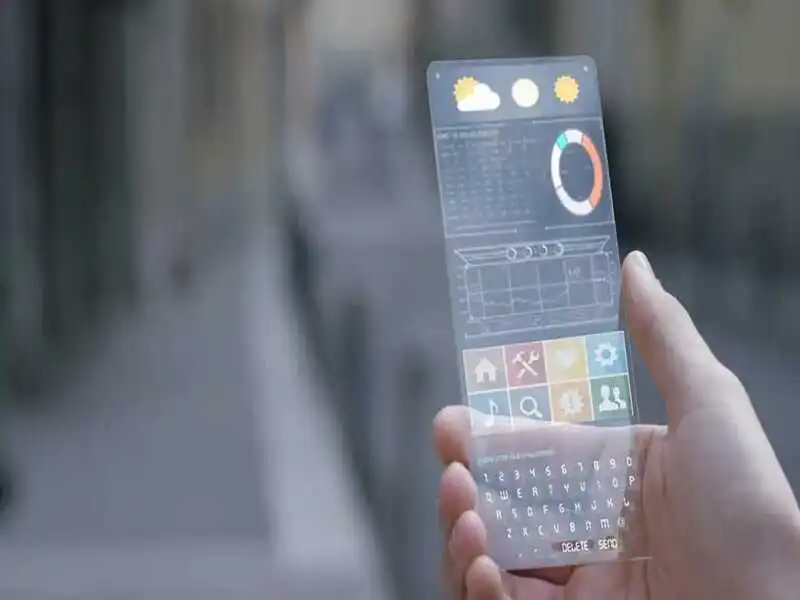
Dive Into Advanced – In today’s fast-paced world, mobile tech plays a pivotal role in shaping our daily experiences. Among the giants in this sector, Apple’s iPhone and Samsung’s Galaxy series stand out as two of the most influential brands. Both companies have made significant strides in integrating cutting-edge tools and technology into their devices, enhancing the way we live, work, and connect. This article explores how iPhone and Samsung Galaxy compare in terms of tools and technology, and how these innovations impact our everyday lives.
iPhone:
Apple is renowned for its sleek, minimalist design and high-quality build. The latest iPhone models, such as the iPhone 14 Pro, showcase advanced materials like surgical-grade stainless steel and textured matte glass. These devices feature powerful chipsets, such as the A16 Bionic chip, which delivers impressive performance and efficiency. Apple’s focus on seamless integration between hardware and software ensures a cohesive user experience.
Samsung Galaxy:
Samsung’s Galaxy series, including the Galaxy S23 Ultra, offers a more diverse range of designs and materials. The Galaxy S23 Ultra features a dynamic AMOLED display, which provides vibrant colors and deep blacks. Samsung often integrates innovative hardware elements, such as high-resolution cameras with advanced zoom capabilities and expandable storage options. The Exynos and Snapdragon processors in Galaxy devices contribute to strong performance and multitasking capabilities.
iPhone:
The iPhone runs on iOS, known for its smooth, intuitive interface and consistent updates. iOS offers a user-friendly experience with features like Face ID and Touch ID for secure authentication. The App Store, tightly controlled by Apple, ensures high-quality apps and a seamless integration with iOS’s ecosystem.
Samsung:
Samsung devices operate on Android, customized with Samsung’s One UI skin. Android provides flexibility and customization options, allowing users to personalize their home screens and choose default apps. The Galaxy series supports a wide range of apps through the Google Play Store and Samsung’s own app store, Samsung Galaxy Store.
iPhone:
Apple’s camera system is praised for its consistency and ease of use. The latest models, such as the iPhone 14 Pro, offer advanced features like ProRAW and ProRes video recording, enabling professional-grade photography and videography. The Night mode and Deep Fusion technology enhance image quality in low-light conditions.
Samsung:
Samsung’s Galaxy series excels in camera versatility and innovation. The Galaxy S23 Ultra, for instance, features a 200MP main sensor and advanced zoom capabilities. Samsung often incorporates multiple lenses, including ultra-wide and telephoto, providing users with a range of shooting options. The camera software includes various modes, such as Single Take and Super Steady, to enhance the photography experience.
“Hercules: The Secret Love Between Man and God”
iPhone:
The latest iPhones, for instance, support 5G connectivity, which offers faster download and upload speeds. Moreover, Apple’s devices are renowned for their efficient performance, largely due to the optimized synergy between hardware and iOS. Additionally, features such as Wi-Fi 6 and advanced Bluetooth capabilities further ensure stable and speedy connections.
Samsung :
Samsung’s devices also support 5G, delivering high-speed internet access. Samsung incorporates advanced Wi-Fi 6E technology and Bluetooth 5.3 for enhanced connectivity. The high-performance processors, such as the Snapdragon 8 Gen 2, ensure smooth multitasking and gaming experiences.
iPhone:
Apple’s ecosystem is one of its strongest selling points. Integration across devices, such as MacBooks, iPads, and Apple Watches, provides a cohesive user experience. Features like Handoff and Continuity allow users to switch seamlessly between devices.
Samsung Galaxy:
Samsung also offers an integrated ecosystem with its range of devices, including tablets, smartwatches, and smart home products. Samsung’s partnership with Google and Microsoft enhances cross-device functionality, such as using Samsung phones with Windows PCs and Google services.
Both the iPhone and Samsung Galaxy series represent the pinnacle of mobile tech, each with its unique strengths and innovations. The iPhone’s integration of hardware and software provides a streamlined and intuitive experience, while Samsung’s Galaxy series offers versatility and cutting-edge features. Ultimately, the choice between iPhone and Samsung Galaxy depends on individual preferences for design, operating system, and specific features. As mobile tech continues to evolve, both brands will undoubtedly continue to push the boundaries, enhancing our daily lives with their innovations.
“The Complete Information From Wikipedia About Mobile Technology”